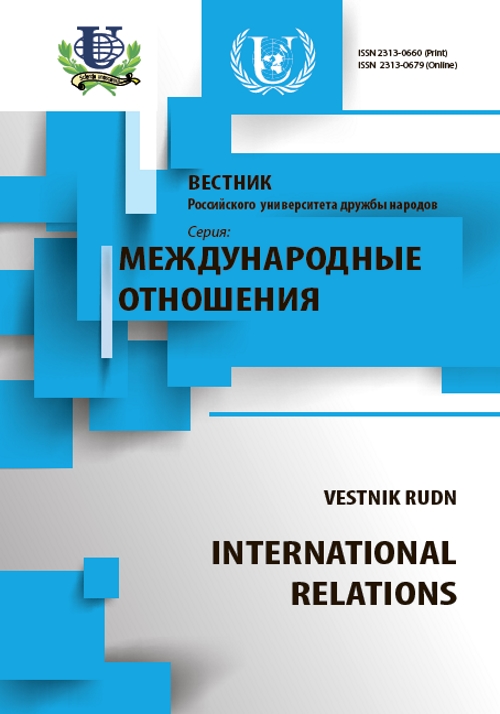Towards Development Cooperation as Inter-cultural Dialogue: ODA and Japan’s Experience of “Self-help”
- Authors: Takahashi M.1
-
Affiliations:
- Kobe University
- Issue: No 1 (2015): East Asia: the rise of the PRC, development cooperation, partnership with the Russian Federation
- Pages: 5-14
- Section: Articles
- URL: https://journals.rudn.ru/international-relations/article/view/10364
Cite item
Full Text
Abstract
This paper aims to clarify uniqueness, strengths, and weaknesses of Japan’s Official Development Assistance (ODA). Western countries have been criticized of its tendency to impose their own values through provision of ODA, ignoring differences in cultural contexts and failing to build interactive relationship. The origin of this tendency can be found in fundamental shortcoming of the Western intellectual approach, which Habermas critically described as monologue . Japan’s ODA appears to be an alternative since the country has been emphasizing respect for recipient countries’ own initiative and heralded the idea of “Support for Self-help”. Yet, Japan’s ODA is not rooted in a deep understanding of cultural aspects of development, which would enable the donor country to have interactive dialogue with recipient countries. Japan’s unique approach reflects historical relations with Asian recipient countries in which Japan has shared interests with others. Japan’s ODA is not value-based as Western donors but interest-based, and the country has likewise lacked imagination of differences in cultural contexts. Emerging donors, while claiming that they are not imposing values, can risk the failure same with Japan. It is recommended that recipient countries themselves express their own cultural uniqueness so that development cooperation could be a process of creative inter-cultural dialogue.
About the authors
Motoki Takahashi
Kobe University
Email: tmotoki@kobe-u.ac.jp
Graduate School of International Cooperation Studies
References











